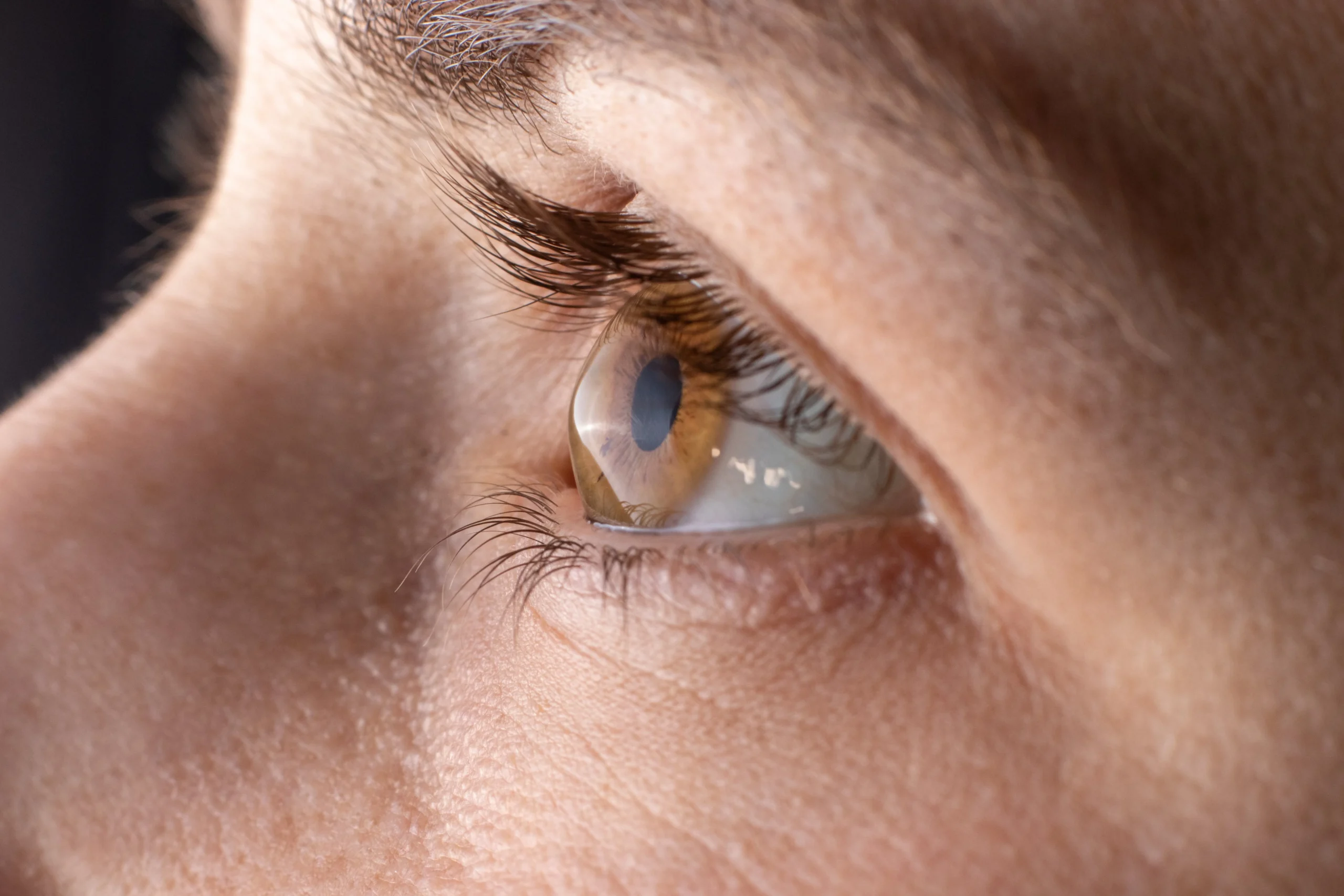
What Are Corneal Diseases?
The cornea is the clear, dome-shaped front surface of the eye that focuses light onto the retina. Corneal diseases can affect its clarity, shape, or health—leading to blurred vision, pain, redness, and sensitivity to light.
Corneal conditions can be caused by infections, injuries, genetic disorders, or autoimmune diseases. Prompt diagnosis and treatment are key to preventing long-term vision problems.
Common corneal conditions include:
Corneal Infections (Keratitis): Caused by bacteria, viruses, fungi, or parasites.
Corneal Dystrophies: Genetic conditions like Fuchs’ Dystrophy that cause cloudy or swollen corneas.
Corneal Ulcers: Open sores usually caused by infection or trauma.
Corneal Scarring: Can result from untreated infections or injuries.





